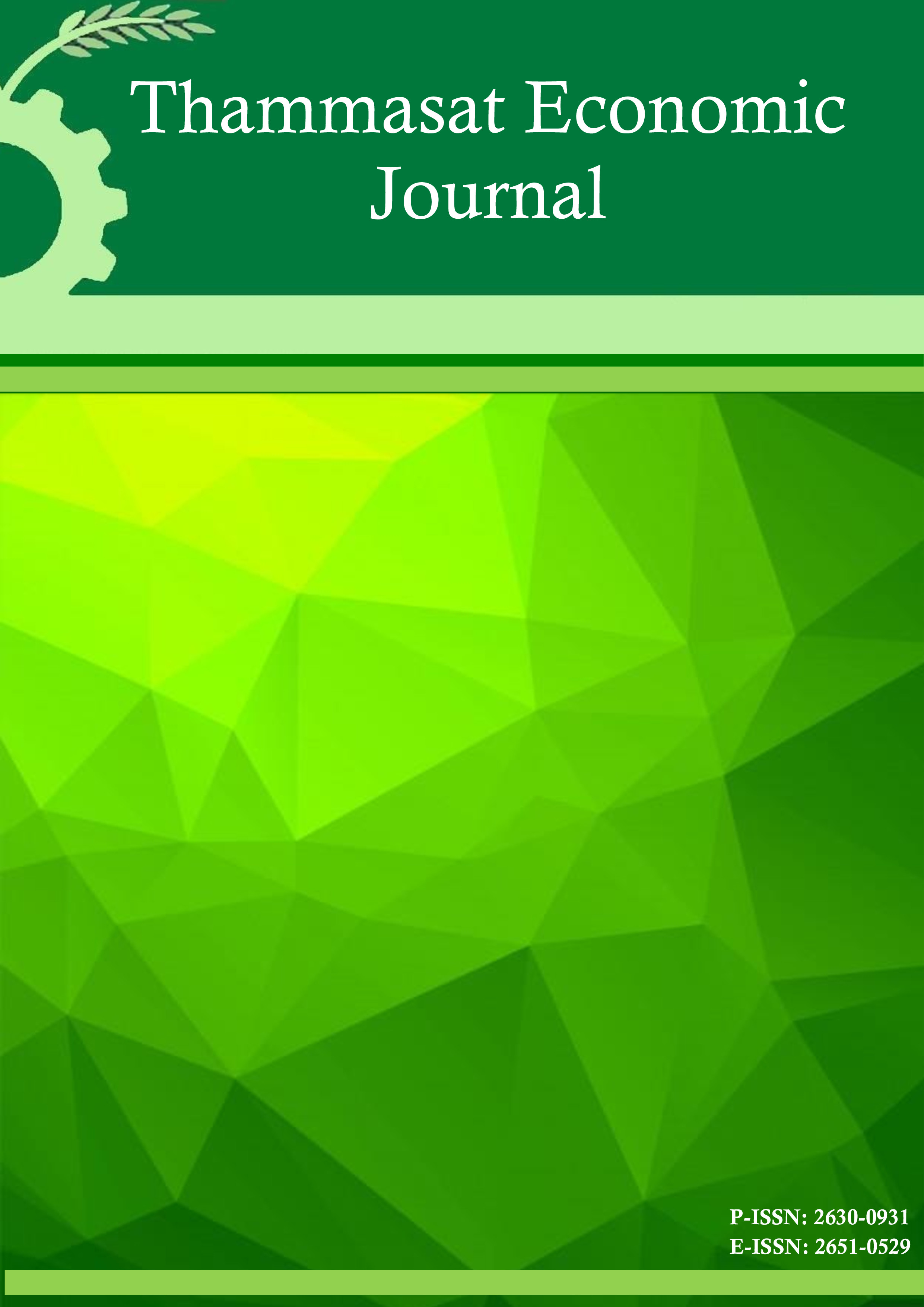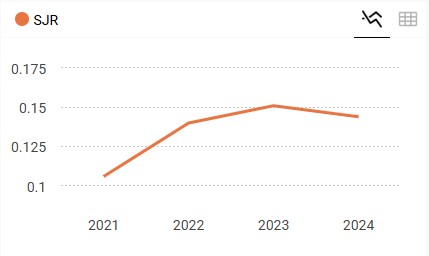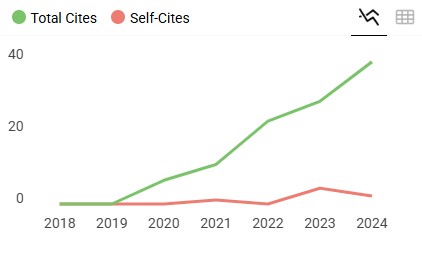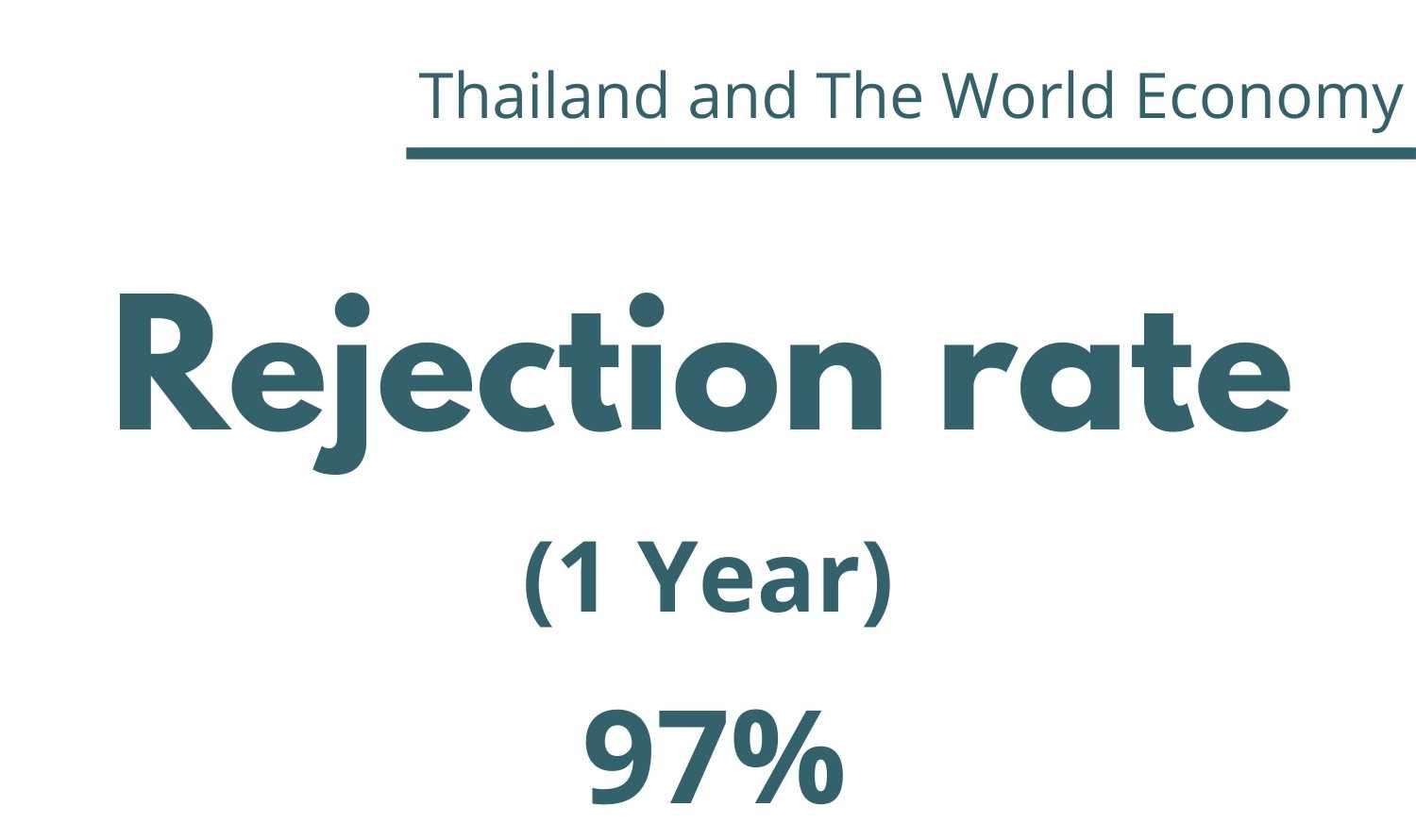ปัจจัยที่มีผลกระทบต่อการเกิดขึ้นของประชานิยมในประเทศไทย
Keywords:
Populism, Populist policy, Thaksin Shinawatra, Economic crisis, ThailandAbstract
This paper aims to describe an analytical framework for the rise of populism phenomenon in Thailand since the national election in year 2001 by arguing that the rise of populism phenomenon in Thailand has resulted from three key factors: (1) The change in Thai political power structure, (2) The adoption of the Constitution of the Kingdom of Thailand 1997, and (3) The effect of financial crisis in 1997. For the effect of populist policy, the usage of populist policy without responsibility and political moral may cause the damage to the economy in the long run, create a political dictatorship, and weaken society and enthusiasm of people to assist themselves.
References
2. รังสรรค์ ธนะพรพันธุ์. 2546. เศรษฐศาสตร์รัฐธรรมนูญ: บทวิเคราะห์รัฐธรรมนูญแห่งราชอาณาจักรไทย พ.ศ. 2540. กรุงเทพฯ: สำนักพิมพ์ มติชน.
3. เรืองวิทย์ เกษสุวรรณ. 2546. ประชานิยม-นักบุญหรือคนบาป?. กรุงเทพฯ: สงวนกิจการพิมพ์ลิขิต ธีรเวคิน. 2550. วิวัฒนาการการเมืองการปกครองไทย. กรุงเทพฯ: สำนักพิมพ์ มหาวิทยาลัยธรรมศาสตร์
4. สำนักงานคณะกรรมการพัฒนาการเศรษฐกิจและสังคมแห่งชาติ. 2547. รายงานการประเมินนโยบายเศรษฐกิจรากหญ้าและหลักประกันสังคมปี 2546.
5. อัมมาร สยามวาลา และสมชัย จิตสุชน. 2550. “แนวทางการแก้ปัญหาความยากจน: เสรีนิยม ประชานิยม หรือรัฐสวัสดิการ.” เอกสารนำเสนอในงานสัมมนาประจำปี 2550 ของสถาบันวิจัยเพื่อการพัฒนาประเทศไทย, พัทยา.
6. เอนก เหล่าธรรมทัศน์. 2549. ทักษินา-ประชานิยม. กรุงเทพฯ: สำนักพิมพ์ มติชน.
7. Choi, Jungug. 2005. “Economic Crisis, Poverty, and the Emergence of Populism in Thailand.” Journal of International and Area Studies. 12(1): pp. 49-59.
8. Dornbusch, Rudiger and Sebastian Edwards. 1990. The Macroeconomics of Populism in Latin America. Chicago: The University of Chicago Press.
9. Kinght, Alan. 1998. “Populism and Neo-populism in Latin America, especially Mexico.” Journal of Latin America Studies. 30(2): pp. 223-248.
10. Meny, Yves and Surel Yves. 2002. “The Constitutive Ambiguity of Populism.” pp. 1-21 in Democracies and the Populist Challenge, edited by Meny Y., and Surel. New York: Palgrave.
11. Panizza, Francisco. 2005. Populism and the Mirror of Democracy. London: Verso.
12. Phongpaichit, Pasuk and Chris Baker. 2008. “Thaksin’s Populism.” Journal of Contemporary Asia. Vol. 38 No.1 (February): pp. 62-83.
13. Roberts, Kenneth. 1996. "Neoliberalism and the Transformation of Populism in Latin America: The Peruvian Case." World Politics. 48(1): pp. 82-116.
14. Sachs, Jeffrey. 1989. "Social Conflict and Populist Policies in Latin America." National Bureau of Economic Research Working Paper Series 2897.
15. Skolkay, Andrej. 2000. “Populism in Central Eastern Europe.” In: Thinking Fundamentals, IWM Junior Visiting Fellows Conferences, Vol. 9: Vienna
16. Taggart, Paul. 2000. Populism. Buckingham: Open University Press.
17. Weyland, Kurt. 2001. “Clarifying a Contested Concept: Populism in the Study of Latin American Politics.” Comparative Politics. Vol. 34 No.1 (October): pp. 1-22.










